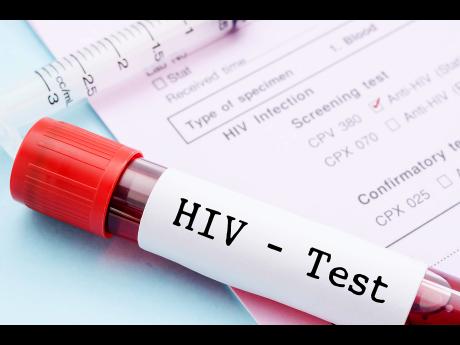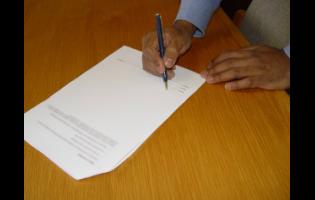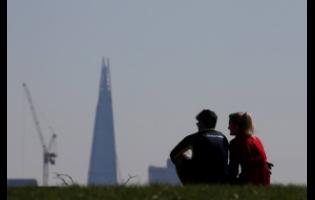Young people are in trouble
World AIDS Day was first commemorated on December 1, 1988, to mourn those who lost their lives to AIDS and to raise awareness about the pandemic caused by HIV.
Since then, there have been many accomplishments, including a decrease in the number of people being tested positive for HIV and those dying of the AIDS virus itself.
On the positive side, cases have been reported of persons who have HIV becoming undetectable. This means that the tests that currently exist aren't detecting the virus.
It also means that those persons are also non-transmittable, therefore the virus will not be transmitted to their sexual partner.
These are all great advances and something to celebrate, but, unfortunately, there is still much to be done, especially here in Jamaica.
Our young people are showing very concerning statistics when it comes to the knowledge and attitude around HIV and AIDS.
The age of first sex for young Jamaicans is 14, which is below the current age of consent, 16.
The overall knowledge and interest about HIV and AIDS have also been reduced in the 16 to 25 age group, and Jamaica has a very high rate of teenage pregnancy.
LOWER CONDOM USE
Condom use has been also reduced, even though the prophylactics are more readily available to them.
These statistics are troubling because not only are our young people having more sex, they are doing so without condoms and they are engaging in high-risk behaviours that can affect them negatively over the long term.
It is clear that intervention is urgently needed. At this rate, we stand the risk of undoing the progress that we have achieved thus far.
We must do more to engage and educate them about how their choices can affect their overall health and encourage them to make more responsible ones.
Sex is a beautiful, natural part of being human, but it comes with consequences HIV is one of them.
We can reach the goal of zero new infections if we do more to get everyone involved in the fight against this horrible infection.
Let's start by ending the stigma and shame so that more people can get tested and know their HIV status. Treatment works and it's available to every Jamaican who tests positive, for free.
Kudos to all the warriors who continue to fight and provide support to those living with the virus; let's continue to support them.






































